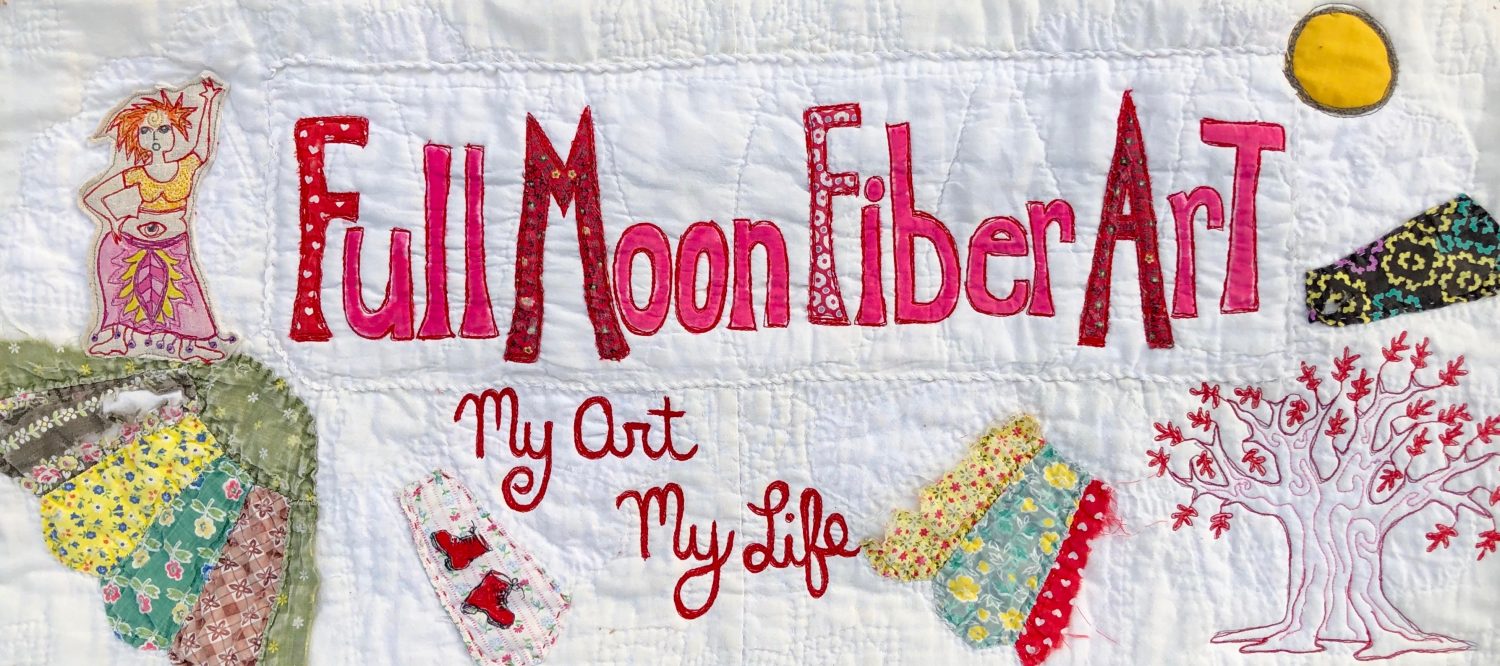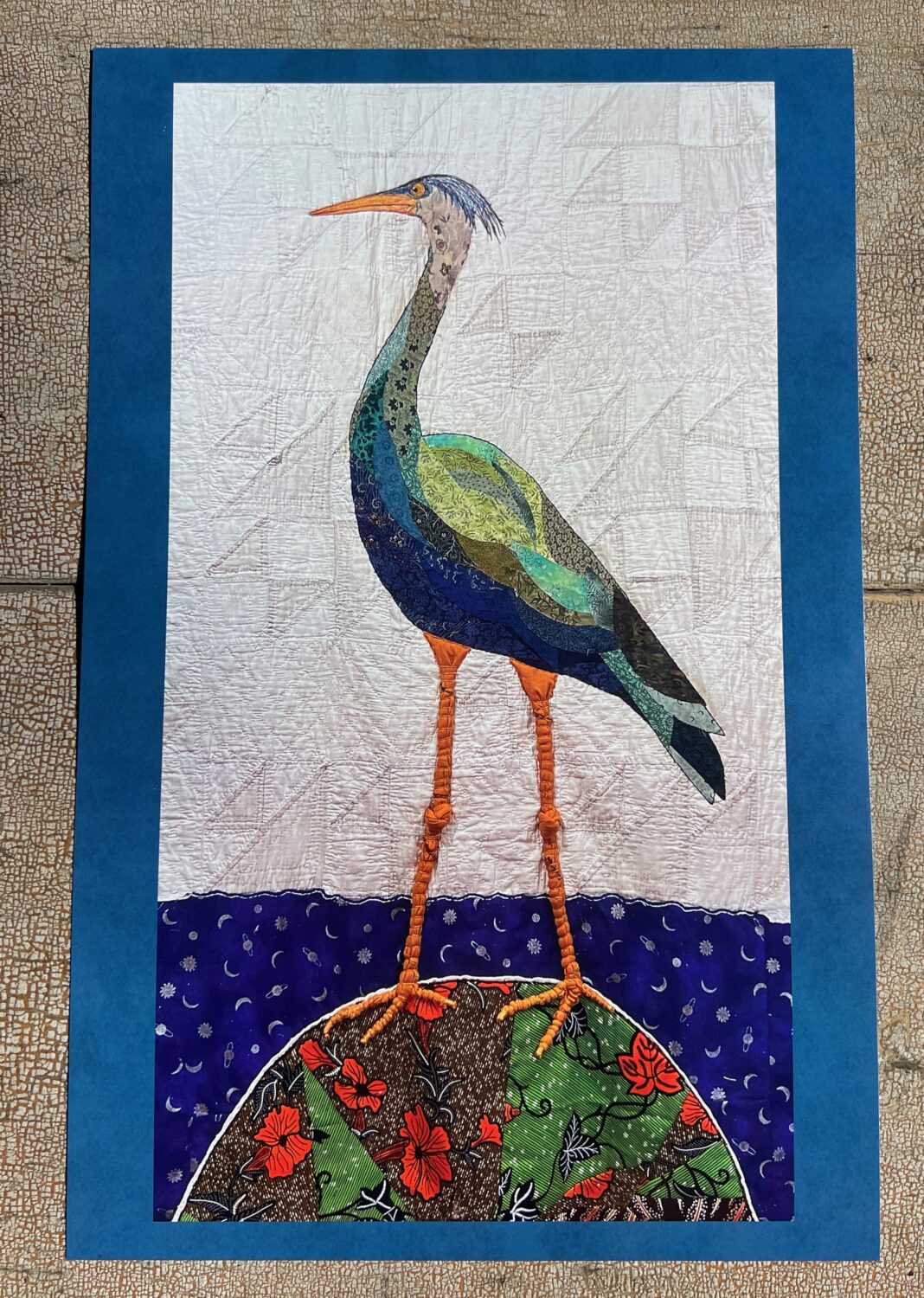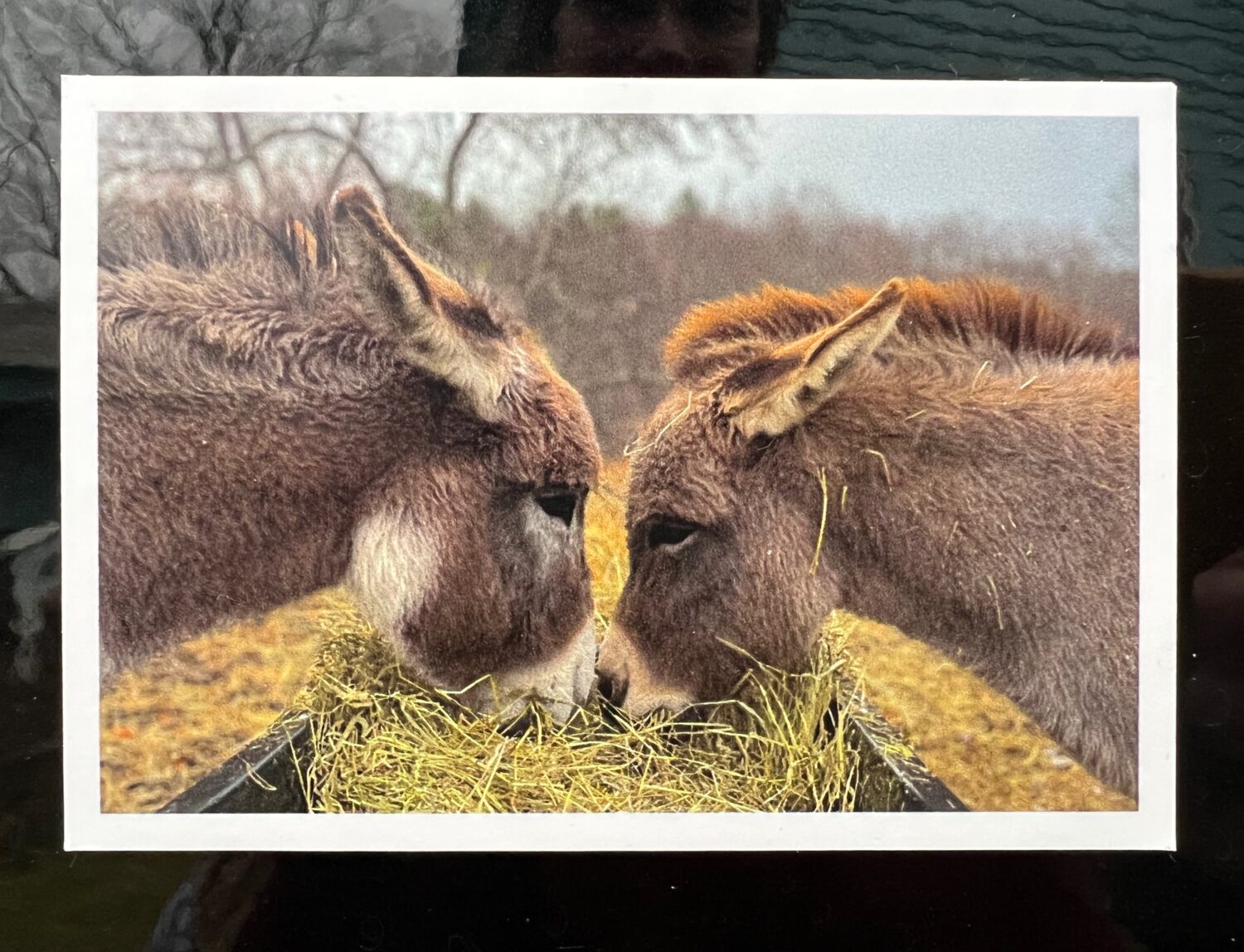
“I don’t believe in burning books,” Jon said, “but you should throw that book in the fire.”
Strangely, without knowing Jon’s reaction, during our weekly lunch, Mandy and Athena also said I should “burn it” when they saw the effect the book was having on me.
None of them were being literal, of course, they were just encouraging me to stop reading it.
But I how could I? It was obsessively feeding my depression. And, how could I let Laura Ingalls Wilder suffer alone. I needed to do the good work of suffering along with her, at least until I finished reading the book.
A day later, even before I got to the part where Laura begins writing the Little House on the Prairie books, I put down Prairie Fires, The American Dreams of Laura Ingalls Wilder, by Caroline Fraser and started reading Priestdaddy , by Patricia Lockwood, as Jon recommended. (It’s great writing, you’ll be able to relate to it and it will make you laugh, he told me.)
I have to say, I loved reading Prairie Fires. I read and collected the Little House on the Prairie books when I was a kid. But Fraser’s telling of the story of Laura Ingalls Wilder’s life, in all the real and painful details, that Laura left out of her children’s books, is fascinating. Because Fraser also includes the politics and history of the many places where Laura lived at the time she was there.
Pa (Charles) Ingalls is more of a scoundrel than Laura let on. Squatting on Native American Land, (Little House in the Big Woods) avoiding enlisting in the army during the Civil War, and moving his family again and again, till the elusive Ma (Caroline) Ingalls finally put her foot down and said she wouldn’t move again.
The hardships of farming are eerily similar in many ways of those today’s farmers face. And most of the land the pioneers left the east coast to settle had such poor soil and such an inhospitable climate, they never could have made a living on it even if the locust didn’t swarm and the egg-sized hail and prairie fires didn’t ruin the crops year after year.
But I could handle all that, found it endlessly fascinating. Like I was getting to peer back in time into the life of someone I knew and cared about, and finally got to understand their whole story, objectively told, in context of the time and place.
It was during the second part of the book, when I got to see just how messed up the relationship between Laura and her grown daughter Rose was, that I started to flag.
It was a co-dependent, love-hate relationship. Rose traveled the world writing fake biographies of famous people like Charlie Chaplain and Jack London then crashed at home when she ran out of money. Living with her parents she edited and rewrote Laura’s magazine articles and Laura plagiarized some of Rose previously written newspaper articles. Rose built her parents a house they didn’t ask for, then borrowed money from them to pay for it.
This is where I stopped.
I think what happened is reality set in. All the romance of the Little House books crashed down on me, not in the physical hardships they endured, but in the psychological impact the life of the pioneers had on the relationship of mother and daughter.
Maybe it just hit too close to home. Reminding me too much of my relationship with my own mother. Not in the details, but in the co-dependence, in the wanting more and wanting nothing, at the same time.
It was just too sad for me to see that it turned out this way.
Rose was a baby the last time I read anything about her and Laura. For me, the story ended at the hopeful beginning of Rose’s life.
Now, Prairie Fires sits on the pile of books on my night table, the bookmark, still in its place where I left off. I believe I’ll get back to it sometime, but I don’t know if that’s true. I’d like to read about when Laura writes the Little House books. How she becomes famous in her lifetime and finally has enough money to live comfortably.
I guess I want the happy ending.
So maybe I’ll just skip to that part in the book. Then put it in our Little Library for someone else to read. Because even though the people who love me told me I should “burn it”, I’d still recommend Prairie Fires. It obviously had a profound effect on me and I’m glad I read as much as I did, even if I never do finish it. I feel like it filled in some pieces of a puzzle that I didn’t even know were missing.















I read “Libertarians on the Prairie.” It is mostly about Rose and Laura’s adult relationship and their politics. You probably wouldn’t like that one, either. I didn’t mind it because I’d always believed that Rose wrote most of the Little House books. I felt vindicated.
Much as I’d always wanted to be Laura, I’m pretty sure Almanzo’s childhood was more my style.
By the way, Almanzo’s childhood home is up near Potsdam, and open to the public. The barns are much smaller than I pictured them. And the house is the same floorplan as mine. Also not as grand as depicted.
Reality just can’t compare to fiction.
Sigh.
I don’t remember much about Almanzo’s childhood Mary Jean. Now I want to visit Almanzo’s house!
When I read the book A Wilder Rose by Susan Wittig Albert, I was surprised to learn that Rose pretty rewrote the Little House books and that is why they were finally published and no one knew until long after both Laura and Rose were deceased. Life can be such a mystery.
I didn’t know that Deb, I haven’t gotten to that part of Laura’s life yet, but it makes sense from what I’ve read already.
Interesting. I’ve read all of Laura’s books, and read some about the controversy as to whether she actually wrote her Little House books or whether it was mostly Rose rewriting them. A Wilder Rose by an author I like, Susan Wittig Albert, tells that story, but I chose not to read it as I don’t really want to know that, whether or not it’s true.
I can see that Laura and Rose’s difficult relationship would be hard for you to read–I’d suggest that you do just skip on ahead and let yourself enjoy the fact that she did become famous, was much loved by so many children for writing those books, and that therefore they did finally have enough money so that they could be comfortable at the end of their lives.
Sometimes books upset us so much that they’re just too hard to read–I understand that.
I’ll probably go back to it Melissa. I’ve done that before with books and it works. It’s interesting how there are some things we’d just rather not know….
I am reading Priestdaddy now. What a writer! Some passages, I go back and read again, the writing is just so sublime.
I was thinking how Lockwood is a poet and that is so evident in her prose. I’m loving it too Elle.